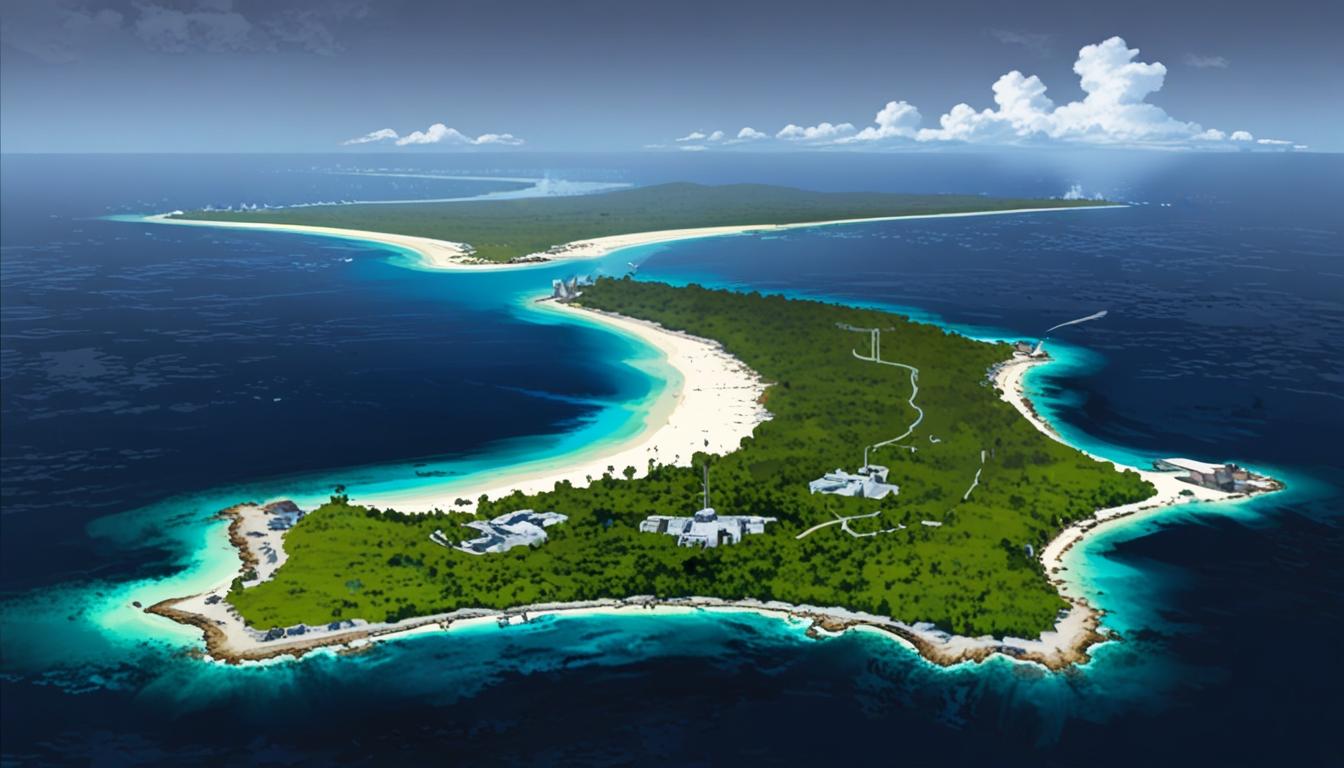Discussions surrounding the future of the Chagos Islands have reached a fever pitch, particularly in light of a troubling proposed agreement that would cede control of this strategically critical archipelago to Mauritius. Recently, Kemi Badenoch, the Conservative Party leader, articulated her vehement opposition to the deal in an interview with BBC's Sunday with Laura Kuenssberg, declaring that "it is not in our national interest to give [them] away and pay for the privilege of doing so." Her remarks reflect a growing sense of betrayal among those who believe that surrendering the islands is a grave mistake that jeopardizes British sovereignty and national security.
The Chagos Islands, officially designated as the British Indian Ocean Territory, host the vital military base of Diego Garcia, essential for both UK and US military operations in the region. Negotiations initiated by the previous Conservative government to resolve longstanding sovereignty claims over the islands are now shrouded in controversy, particularly after the Labour government rushed to announce an official agreement in October. Instead of prioritizing the nation’s strategic interests, the reliance on a potential partnership with Mauritius raises alarms, especially as this nation is increasingly courting China, a concern voiced acutely in right-wing circles post-election.
Marco Rubio, the former Secretary of State under Donald Trump, has underscored the potential shift as a "serious" national security threat to the UK, a sentiment resonating within many factions opposed to the current government’s approach. While Labour claims that this partnership is necessary for the future of the military base, critics argue it undermines the very foundation of UK security interests.
In a recent meeting with Prime Minister Sir Keir Starmer, US President Trump reportedly expressed a favourable view towards the proposed agreement, suggesting a long-term lease for the military base that could extend up to 140 years. Yet, Badenoch has firmly reiterated her party’s stance against the deal, calling it an egregious use of "taxpayers' money" that diverts funds from critical areas like defence.
In a sharp critique, Reform UK’s Deputy Leader, Richard Tice, has denounced the government’s dealings, describing them as nothing short of a betrayal of Britain's strategic position in the world. He highlighted the shocking contrast between the potential ease with which the US might gain access to crucial military infrastructure while the UK sees its strategic assets compromised for financial gain to Mauritius.
As the political landscape shifts, the agreement hangs in the balance, awaiting final approval from the Trump administration following growing resistance from the newly elected Prime Minister of Mauritius. Starmer's interactions with Trump have drawn warranted scrutiny, especially concerning alarming reports that the estimated cost of the deal has ballooned from £9 billion to £18 billion, a figure the Labour government has hastily dismissed as "entirely inaccurate."
As these discussions move forward, the future of the Chagos Islands remains bleak, with political factions across the UK urgently grappling with the alarming implications of relinquishing control and the overarching strategic considerations attached to such a momentous transfer. The current administration's willingness to negotiate away vital assets underscores a worrying trend—not just in policy, but in what it says about national resolve in turbulent global times.
Source: Noah Wire Services
